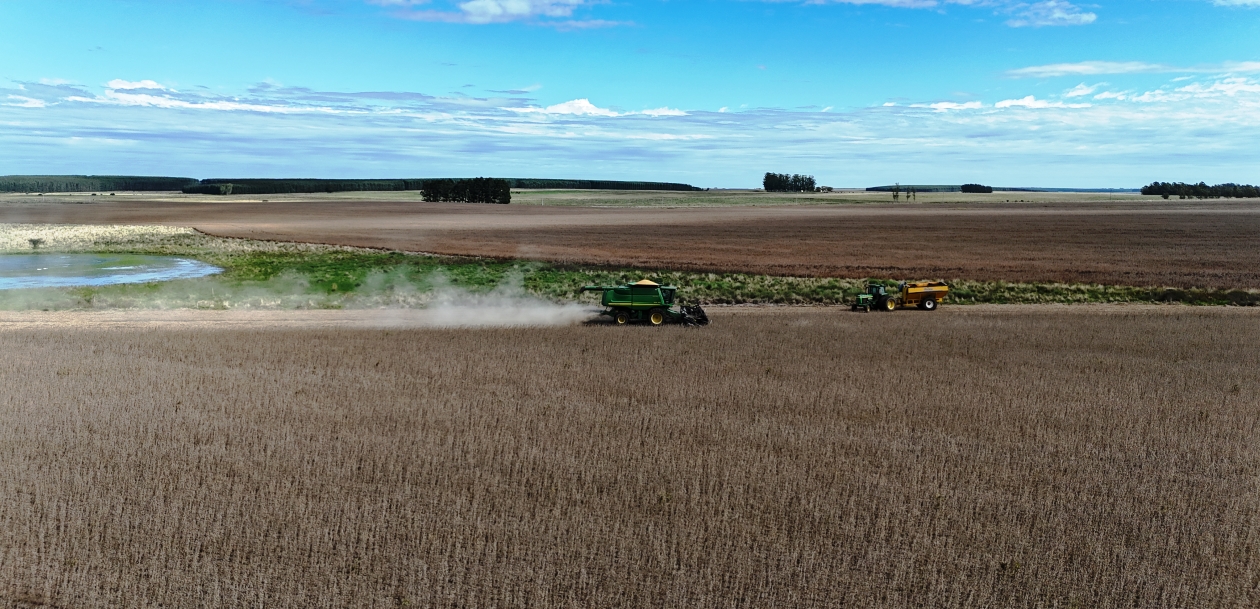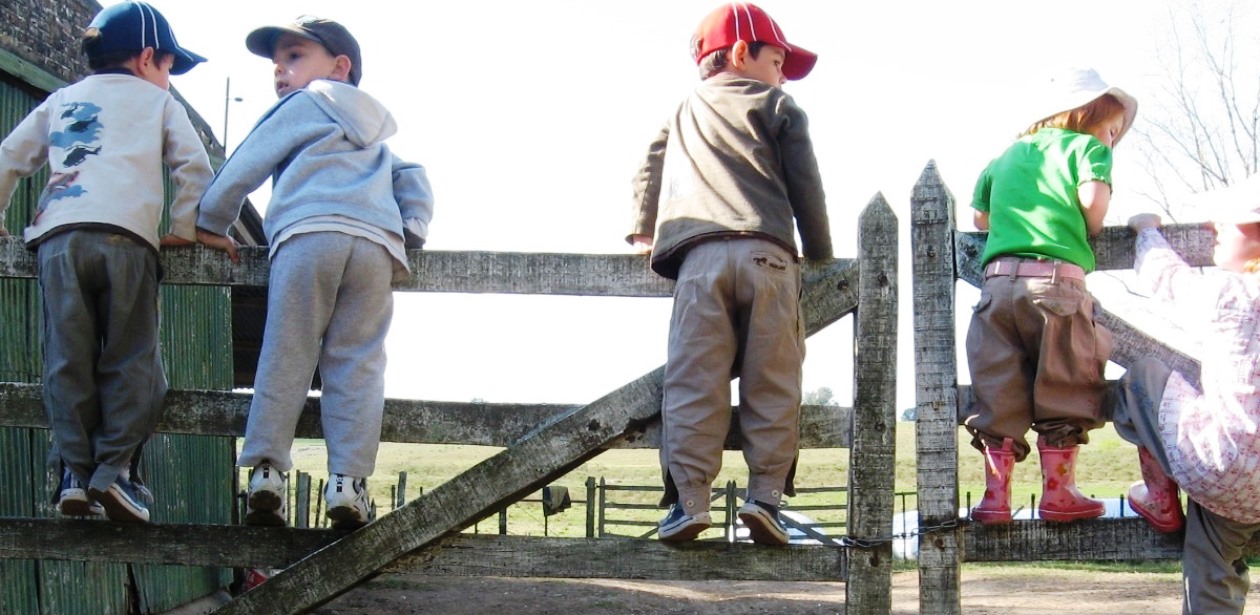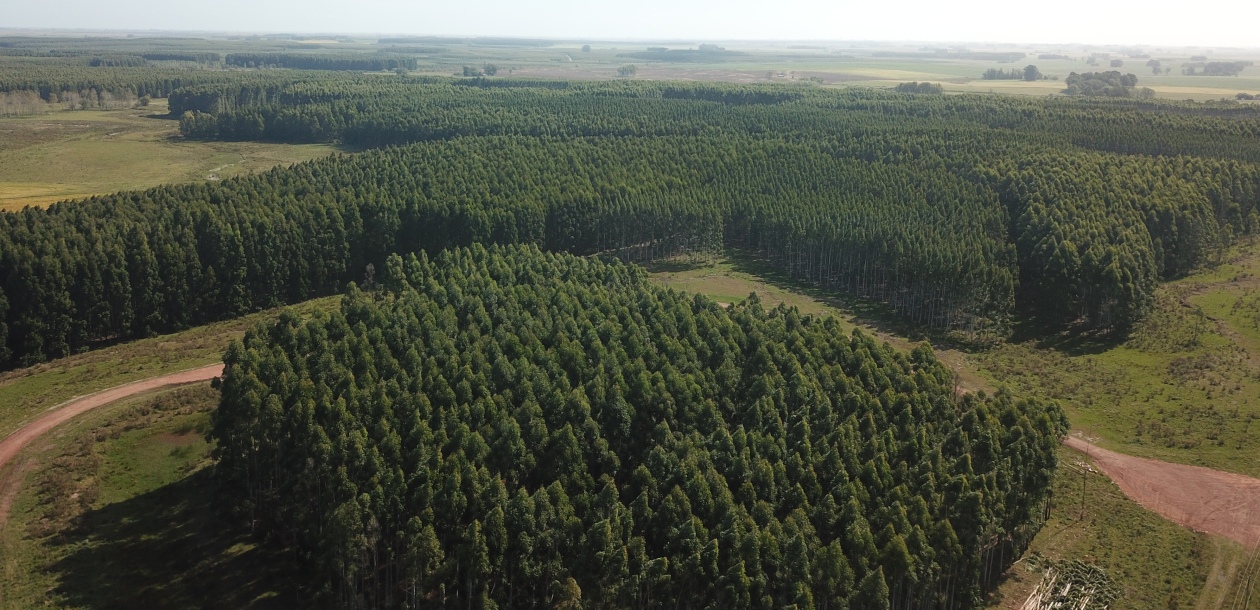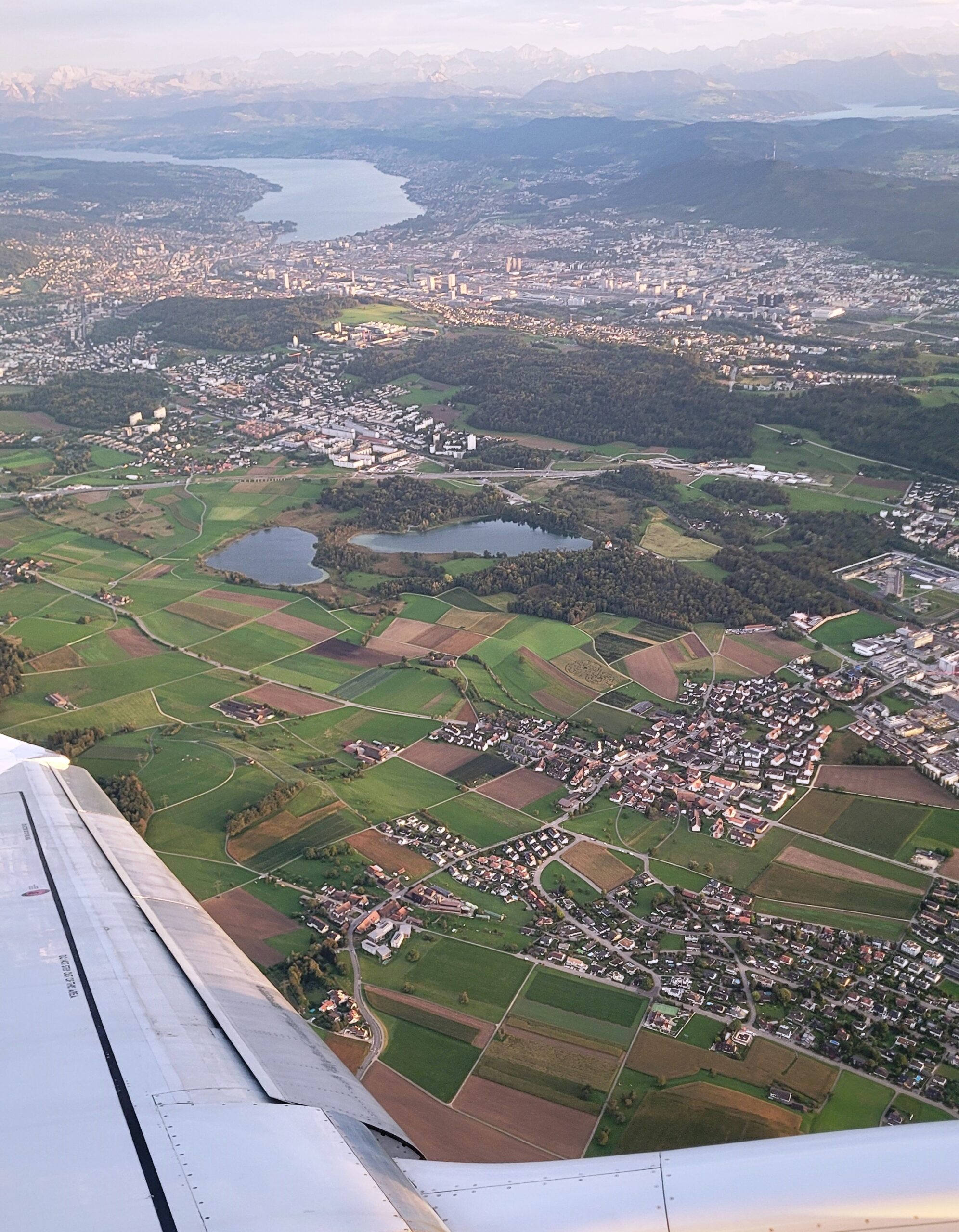Any agribusiness company that pays IRAE tax can make use of the tax benefits associated with its investments by submitting a project to the Commission for the Application of the Investment Law (COMAP) and with these incentives improve the return on investment through tax savings. This applies when you have self-management at the farm, meaning no lease.
Companies that qualify for the COMAP Projects regime will be able to recover a percentage of the promoted investment executed, which varies between 30% (minimum) and up to 100% (maximum), depending on the score obtained in the matrix of committed indicators. The recovery is obtained through the exemption of the following taxes:
– 90% IRAE exemption, with a term of minimum 4 and up to 25 years to deduct the IRAE savings and thus recover the investment.
– VAT purchases of investments (especially important for companies in the sector that do not generate VAT because they are exporters and/or have exemptions), e.g. a company that sells agricultural machinery that is not taxed.
– Taxes and import taxes on goods that are not manufactured in Uruguay.
– Wealth Tax when taxation is applicable.
The points of the indicators are weighted in a matrix where the common indicators for all sectors of activity and their percentage weighting are: Employment generation (50%), Exports (20%), Decentralization (15%), Clean technologies (20%), Research, development and innovation (20%) and Sectoral (25%).
Particularly interesting investments for agricultural companies:
Adaptation to climate change. Certification programs. Soil liming. Clean Technologies. Contribution to Export.
In practices that means all kinds of investments such as:
Irrigation systems, (Australian tanks, wells, dams, dams, water reservoirs).
Construction of terraces with the aim of controlling erosion by reducing soil losses and improving soil moisture conditions.
CERTIFICATIONS such as good agricultural practices, sustainable and sustainable forestry production, organic meat production, meat certification, or Round Table Responsible Soy, among many others.
SOIL LIMING: Soil liming can also be chosen as an indicator, which includes investments aimed at adjusting the acidification of soils with a pH of less than six, by promoting the application of products such as calcite or dolomite. Biological soil improvement, e.g. sowing pastures.
Clean technologies. Photovoltaic energy generation and the purchase of electric vehicles, inverter or class A or higher air conditioning equipment, outdoor LED lighting, building efficiency measures, solar thermal, wind, solar photovoltaic and waste energy systems, among others, will also score for this indicator.
CONTRIBUTION TO EXPORTS companies whose line of business is agricultural production or forestry may compute as a contribution to exports a percentage of the incremental sales of agricultural products produced by the company.
Construction of buildings or renovation of houses, barns, cattle corrals also qualify.
It is possible to apply for investments executed before the project is submitted to the MGAP when they are executed in the current fiscal year or in the last 6 months, whichever is more convenient.
Irrigation projects
Despite the significant growth in irrigation in Uruguay in recent years, the area effectively irrigated does not exceed 40,000 hectares. The Ministry reported that in 2021 the investment promoted in irrigation totaled US$ 63.5 million, in 2022 it reached US$ 71.5 million and up to September 2023 it stood at US$ 41.6 million. Investment linked to irrigation accounted for 23% of the total investment promoted through projects submitted to the MGAP, in 2022 it reached 24% and up to September 2023 it represented 29% of the total.
Constraints to developing irrigation systems.
The main constraints faced by producers to develop irrigation systems at present:
– The high investment (3,000-4,000 USD/ha)
– Operating cost associated with energy consumption
– Lack of public investment to expand access to more contracted power
– Regulatory and bureaucratic barriers to irrigation development and innovation.
While irrigation-related investments are often supported by COMAP, approval often takes more than a year, which makes putting together a project, accessing credit, implementing it and obtaining the tax benefits an obstacle course that is certainly out of sync.
COMAP projects are an excellent planning tool for companies, but in order to take advantage of their full potential, proper planning is essential.
Ask us about your project and together we will maximize the return on investment.






